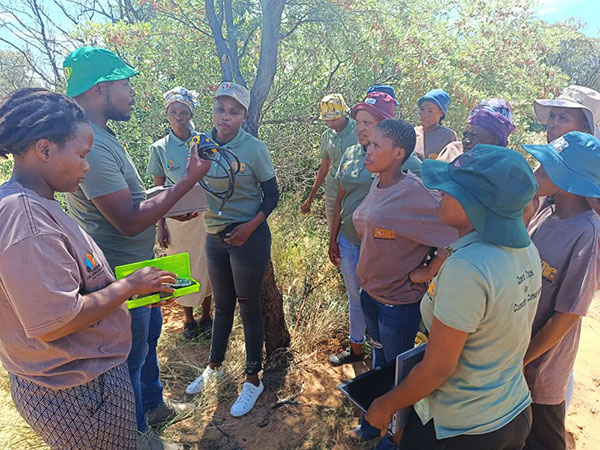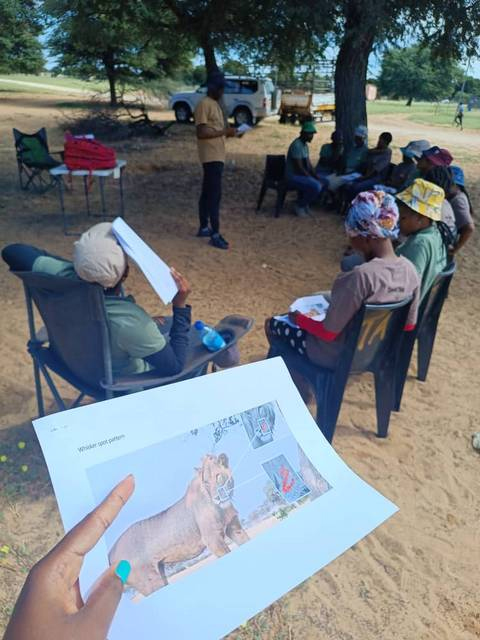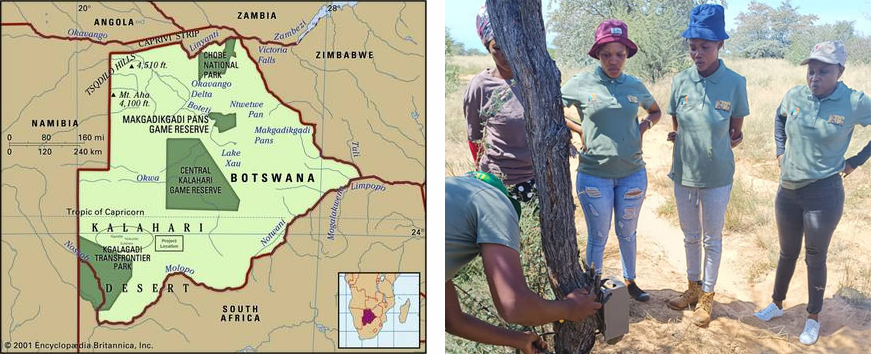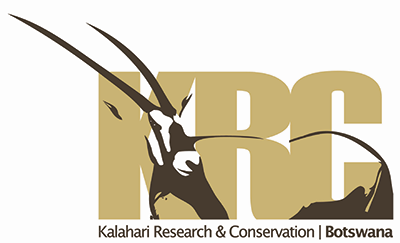
SanSkills: Empowering San women in Botswana through equipment and training for wildlife conservation
This project aims to improve the economic situation of San women of south-western Botswana by providing training and equipment for them to work in wildlife conservation.

Challenge
The San people live within the Wildlife Management Areas adjacent to the Kagalagadi Transfrontier Park,in the south-west of Botswana. Women are under-represented in paid employment in this area and lack economic agency and development opportunities. This project, funded by the ODA supplement fund via a grant to the RVC, aims to improve the social and economic situation of San women whilst also building capacity and incentive for wildlife conservation.
The area has populations of lion, leopard, African wild dogs, cheetah, black-backed jackal, caracal, spotted and brown hyaena. Human/wildlife conflict is an ongoing problem, with carnivores killing farmed livestock and an increase in poaching driven by economic pressures.

Solution
Our goal is to empower San women through training which will give them the knowledge and skills to work in wildlife conservation. We are working with the San community through a local well-established research and conservation organisation, Kalahari Research and Conservation (KRC). We have provided 40 trail cameras, 10 smartphones and laptops that will be used to record and analyse observational data on local carnivore presence. KRC will train 20 local San women to deploy and operate the equipment and collate data (photos, tracks, spoor and kills), following which KRC will employ the newly-skilled women in wildlife conservation work.
At the RVC, we are also developing an early warning system to alert farmers to large carnivores in the vicinity of their herds. This will enable the farmers to move or secure their herds. The messages will be automatically generated from our specially-developed tracking collars on the animals and will send end-to-end encrypted messages so that poachers cannot use them to locate the animals.
As well as providing a training and employment opportunity for the San women, it is hoped the project will contribute to reducing human/wildlife conflict and poaching in the area.


Partners
Kalahari Research and Conservation - Botswana conservation NGO
This work was supported by UK Research and Innovation additional ODA allocation 22/23
